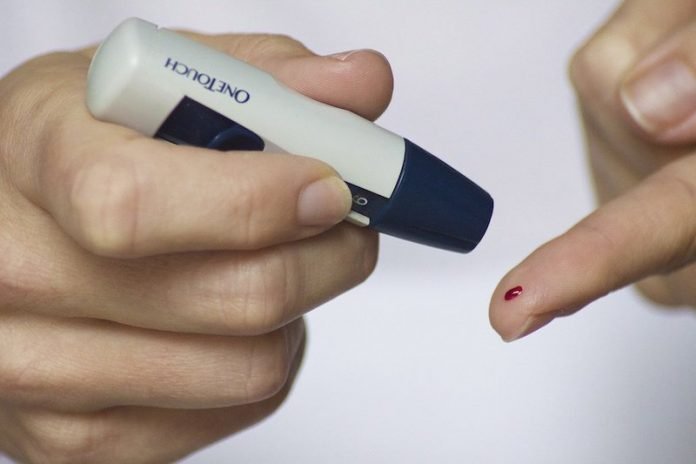
In a new study from Johns Hopkins University, researchers found that older adults who are classified as having “prediabetes” due to moderately elevated measures of blood sugar usually don’t go on to develop full-blown diabetes.
The finding suggests that prediabetes is not a useful marker of diabetes risk in people of more advanced age.
Type 2 diabetes leads to a chronically excess blood level of glucose, which stresses organs including the kidneys, weakens the immune system, and damages blood vessels, promoting heart disease and stroke among other conditions.
Doctors have used the concept of prediabetes—involving blood glucose levels that are higher than normal but not yet in the diabetic range—as an indicator of elevated diabetes risk in younger and middle-aged people.
However, the utility of the concept in older adults—especially those 70 and older—has been less clear.
In the study, the team used data from the Atherosclerosis Risk in Communities Study. For their prediabetes analysis, the researchers selected 3,412 older participants and did not have any history of diabetes.
They found that “prediabetes,” defined according to two different blood-test measures, was very common among the participants at the 2011-13 visit.
Those with prediabetes, defined by moderately high blood levels of glucose following overnight fasting (the impaired fasting glucose test, or IFG), represented 59% of the initial sample, and those with prediabetes defined with a different blood test for glycated hemoglobin (HbA1c), represented 44% of the initial sample.
However, the results showed that only small numbers of the participants who had prediabetes in 2011-13 had developed diabetes by the time of the 2016-17 visit—8% of the IFG-defined prediabetics, and 9% of the HbA1c-defined prediabetics.
By contrast, 44% of the IFG group and 13% of the HbA1c group had improved enough by the 2016-17 visit that their test results were back in the normal range.
Moreover, 16% and 19% of these two groups had died of other causes by the 2016-17 visit.
The results show that older adults with prediabetes, over intervals like the one in the study, are more likely to have lower blood sugar levels—or to die for other reasons—than to progress to diabetes.
The team says it appears that in older adults, ‘prediabetes’ is just not a robust diagnosis.
The findings support a focus on lifestyle improvements, including exercise and diet when feasible and safe, for older adults with prediabetes.
They recommend that for older adults, physicians should focus their screening efforts on risk factors, such as hypertension, that are more useful in predicting illness and mortality in this population.
If you care about diabetes, please read studies about this popular drink may help lower blood sugar, control diabetes and findings of Need to control your blood sugar? There’s a drink for that.
For more information about diabetes treatment and prevention, please see recent studies about this Indian herb may help lower blood sugar, treating diabetes and results showing that this diet may help you control blood sugar, lose weight.
The study is published in JAMA Internal Medicine. One author of the study is Elizabeth Selvin, Ph.D.
Copyright © 2021 Knowridge Science Report. All rights reserved.



